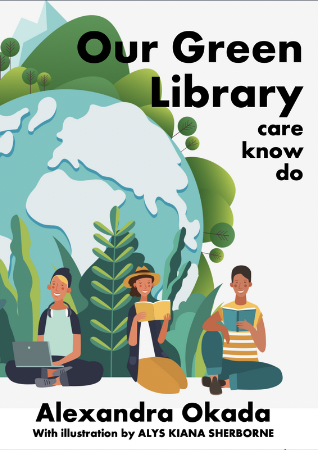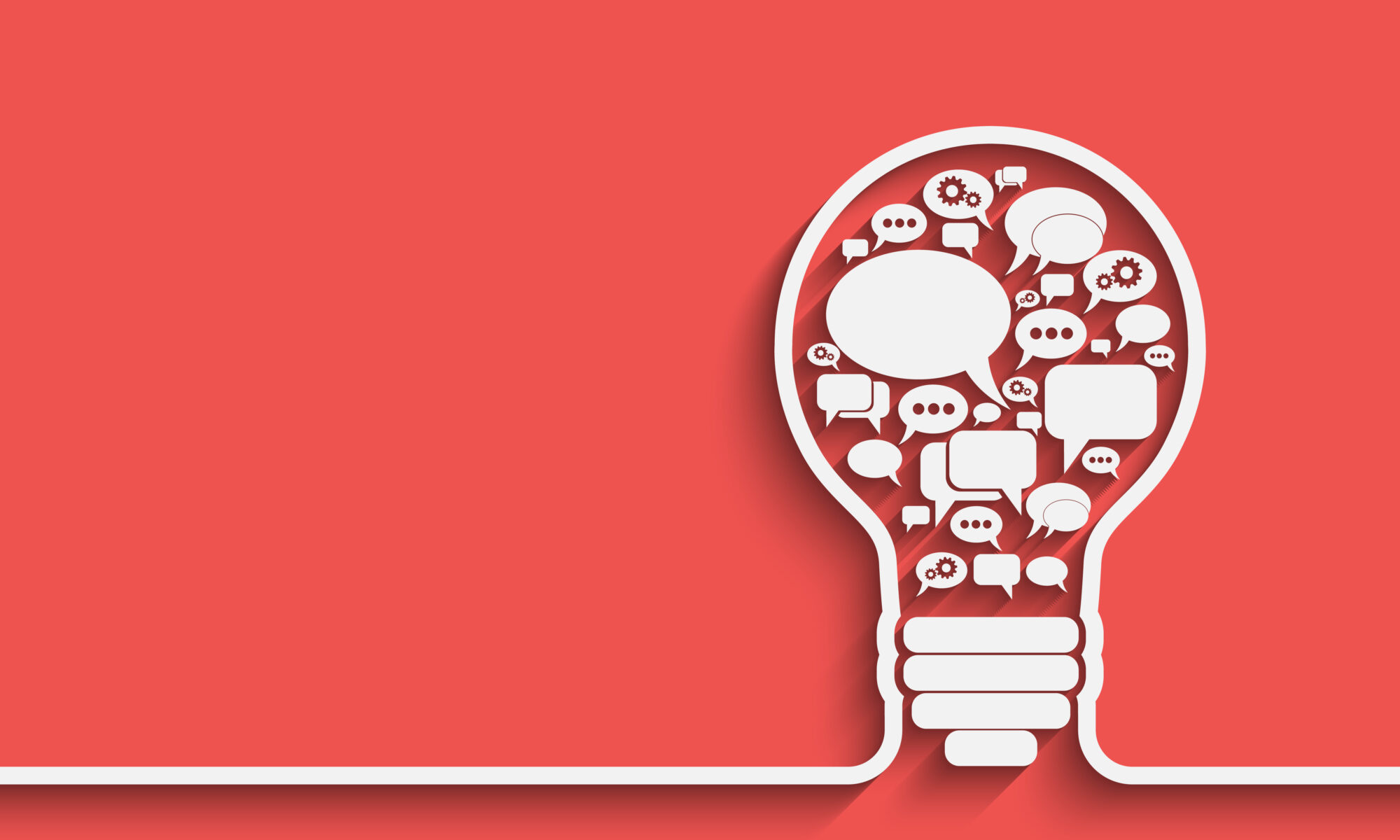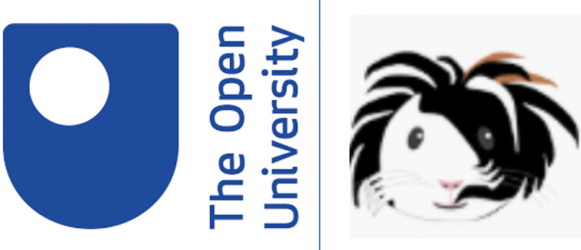
“Open Schooling” goes beyond mere access to knowledge; it is a collaborative effort that brings together teachers, students, scientists, entrepreneurs, and policymakers. Its aim is to provide students with hands-on experience in addressing real-world issues, including local community development. Positioned as a significant strategy for 2030, it seeks to enhance well-being, sustainability, and create a better future for all. We are witnessing an increase in partnerships that utilize technology and resources to establish digital green communities. However, it is crucial to understand that Open Schooling is not about stuffing students with facts like a traditional banking education. Instead, it focuses on empowering them to solve real problems and acquire sustainable skills that they can apply in their lives.
This study investigates how Open Schooling activities influence students’ engagement with sustainability science. The objective is to enable students to tackle real-life problems related to São Paulo’s “largest urban forest” and explore issues and solutions concerning endangered wildlife, thereby raising community awareness. Central to this study is the incorporation of digital storytelling, where students reflect on their “CARE-KNOW-DO” experiences.
The study involved 357 elementary students, including 224 aged 5-7 and 133 aged 10-12, from public schools under the Secretary of Municipal Education. It also included two policymakers, two teachers, and two researchers. Employing a mixed-method approach, data was collected through interview questionnaires, 360-degree photos, drawings, and blogs.
To cultivate students’ green and digital skills, the “OUR GREEN LIBRARY: CARE-KNOW-DO” book integrates AI, mixed reality, and social media.
The study revolves around three main questions: What does Open Schooling mean to students? How do students perceive science? What are students’ thoughts on the CARE-KNOW-DO approach through storytelling?
All students (100%) recognized the usefulness of science in their lives. 88% found the activities enjoyable and expressed a desire to be considered science experts, although only 53% felt confident in their scientific knowledge. Students reported that “The story activated my imagination, curiosity, and the pleasure of learning with others” (Girl, age 9).
According to a boy aged 8, “Open schooling is about being open to solving problems with people and helping the community.”
The study reveals a positive perception among participants regarding Open Schooling through digital storytelling. Students comprehend its meaning and experience learning with teachers, professionals, and community members. Storytelling activities provide an opportunity for engaging students in science-based discussions on problems and solutions within and beyond the school setting. Below is an example summarizing the book created by an older student from the UK.
A Girl goes to her local library in her favourite park. When she leaves it, she discovers that she just stepped out of her memory and her childhood favourite park is in ruins. The girl-now a woman in her 40s- and her young daughter try to bring back the tropical park. The pain is about facing the harsh reality of having a precious childhood and environment decayed and facing the digital divide gap, of generations, with frightened thoughts that the future is getting worse. The world is fading fast. The girl and the daughter have a glory of complementary skills and power to make changes with open schooling partnerships, supported by the precious ‘fun’ lived in the past and hope for the future.” Lili, aged 13. Download the book

